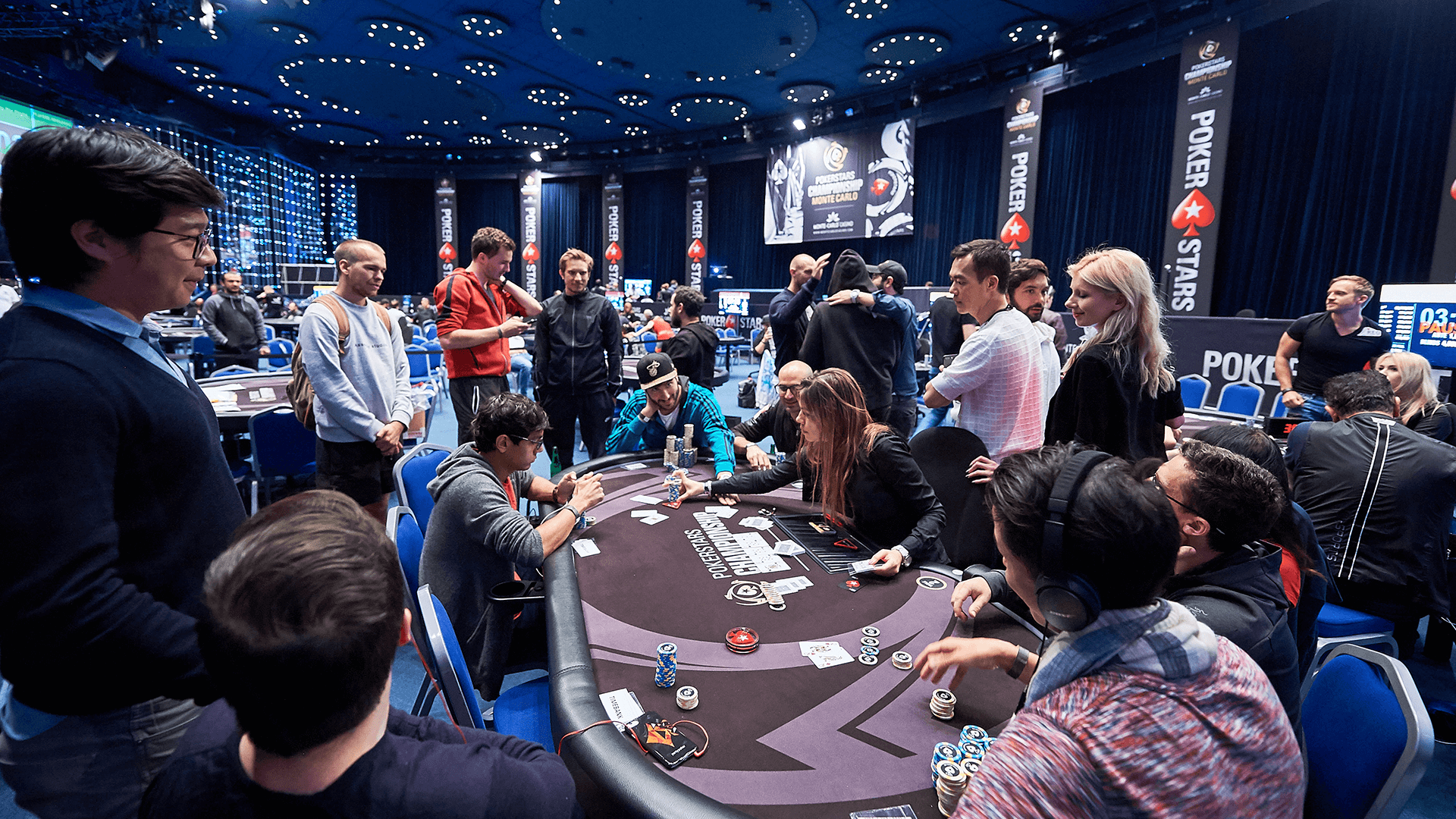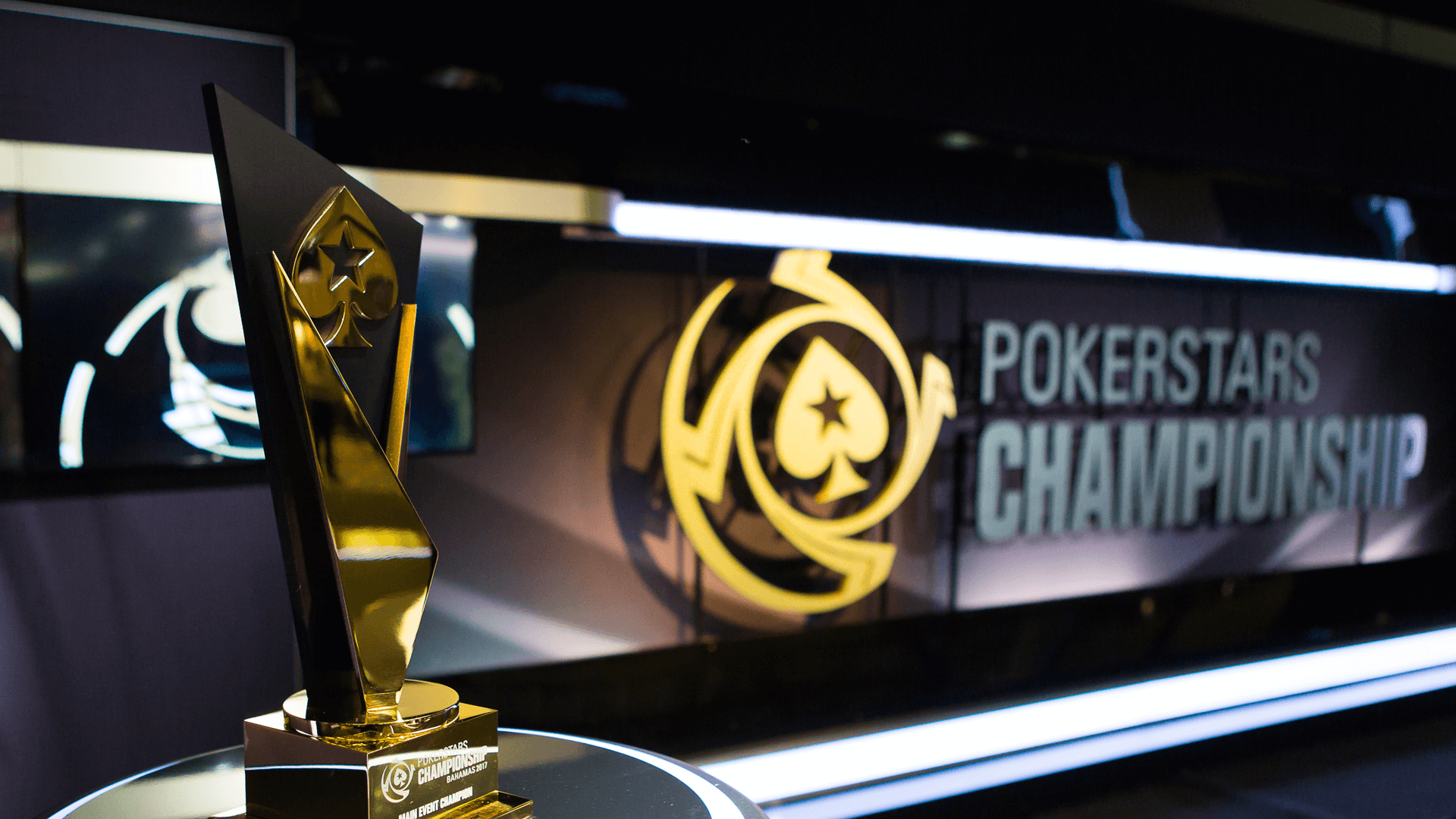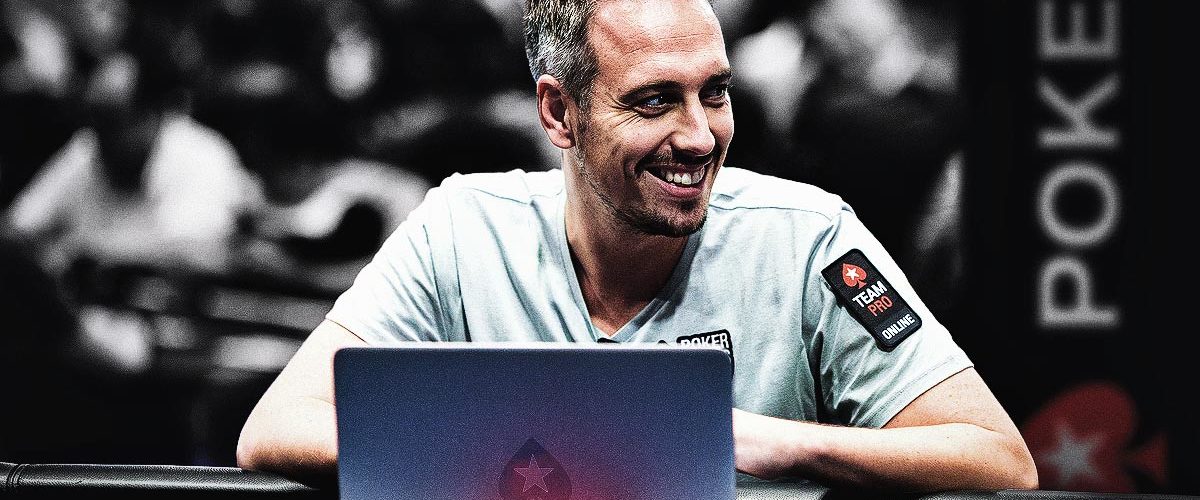How to Approach Online Satellites to Live Events
Today we’re going to discuss how to approach satellites to live events. The general strategy is applicable to any satellite, to a target event that is live or online, but before we get into gameplay strategy let’s touch on a couple points relevant specifically to satellites for live events. These will seem obvious to some readers, but they are not always things everyone thinks about.
Make sure you can play the target event!
What date is the event? This may sound strange, but I actually know someone who played an online satellite to a live event they couldn’t travel to play. In many cases the prize is non-transferable, meaning if you don’t use it, you lose it. Don’t learn that the hard way.
Review the Terms and Conditions
Like in the above, is the prize transferable? If you couldn’t make the dates, could you sell the package and transfer it to someone? Is there a “cash option” in lieu claiming the tournament seat? Are there any conditions to playing, like for example, must the winners agree to wear hats or clothes from the poker site while playing at the event? Obligated to do interviews etc. These are all things that are relatively common terms and conditions, which you agree to when you play… so take a few extra minutes and review the T&C’s ahead of time. That way you’ll know what to expect and there won’t be any surprises.
Do you need anything to travel?
If the target live event is in another country, is your passport current? Will you have time to book travel? If the live event is three months off, there’s plenty of time to arrange these details. If it’s 2 weeks away, this can be difficult. Be prepared.

Now let’s get into satellite play strategy. The difference between satellites and MTT’s is in the payout structure of the prize pool. If the satellite is awarding 10 seats to the target event, then the top 10 finishers all receive the same exact prize. Contrast this with a regular pay structure MTT, where there will be a significant difference in the payout received between 1st and 10th, with pay jumps along each finishing position in between. The result of this difference is an impact on the importance of survival. We are not trying to win the satellite like we would a regular MTT, we simply need to survive to 10th in this case, and if we do so with even 1 chip, we will receive the same exact reward as the chip leader.
So with that being said, let’s get into it. We’ll break this down into 3 stages, early, middle, and late:
Early Stage Play
This covers the start of the satellite until well into the middle. At this point, play is exactly like you would approach any regular MTT. While the prize payout structure is very different from a regular MTT, those payouts are a long way off… so far that they don’t impact our strategy from regular MTT’s at all. Both stack protection and chip accumulation need to be considered. Look for solid hands or solid situations to attack in a tight-aggressive manner. Observe and identify your opponents. Press strong value hands against your loose/bad opponents to ensure you accumulate chips.
Middle Stage Play
This occurs when the average stack starts getting around 25 big blinds and below, well into the satellite. While we are still relatively far off from the seat bubble, strategies now do start to differ slightly from regular MTT’s. Survival is more important now as the bubble starts to come within reach. Accumulating chips to stay ahead of the short-stacked red zone is critical. If you’ve played tight-aggressive early, by now you will have either accumulated some chips and/or acquired a tight image. Take advantage of your tight image by attacking other tight players and those you have identified as “folders” during your observations.
Late stage/bubble play
Now is when things change drastically from regular MTT play. Survival is of paramount importance. The more likely it is you can cross the bubble without playing a hand, the less inclined you should be to risk chips and jeopardize that position. It’s very important to not overestimate your position and “shut it down” too early… bubble play tends to be very slow with everyone trying to wait out the short stacks. If you’re close to them, all it takes is a couple shorties chipping up to make you the bottom of the barrel. That said, if a seat is virtually a lock, you should never put your entire stack at risk.

I will illustrate this last point with a true story from about 10 years ago. After a friend busted out of a mega satellite on PokerStars that was awarded a large number of WSOP Main Event packages, I pulled up the chip leaders table just to take a look as the seat bubble was close. The satellite chip leader was moving all in preflop every single hand. The other players at the table were all medium stacks, none anywhere close to being in jeopardy of bubbling. Not surprisingly, they were all folding, exactly as they should in accordance with the above. And then it happened… the big stack moved all in, and a player with the 3rd biggest stack at the table called and showed AA. This player could have literally closed down the software, gone out for dinner, and come back to receive his congratulatory email… his Main Event package was in the bag. But he decided he couldn’t fold AA preflop, and that decision cost him a 12K live event package when the big stack’s T4o hit a freak 2 pair and busted him.
When you are in this situation, you can, and you must lay down even aces. AA is an 87% favourite over T4o. The problem is, his chip position meant he would win the package at least 99.99% of the time (really 100%, barring a wildly improbable mass short stack survival/double up barrage). So while we would never dream of folding AA here in a normal pay structure MTT, in this case, the player significantly reduced his chance of winning the package, forfeiting a sure thing 13% of the time. This is one of the rare times it’s correct to fold even aces preflop… make your peace with it now so you’re not pained by the decision when you face it. If you simply can’t make your peace with it, then take the drastic measure of closing the game down and going out to dinner.
If you keep these ideas in mind and can let go of AA vs the chip leader when your stack dictates you already have a sure thing, then we’ll see you live at the big game.
